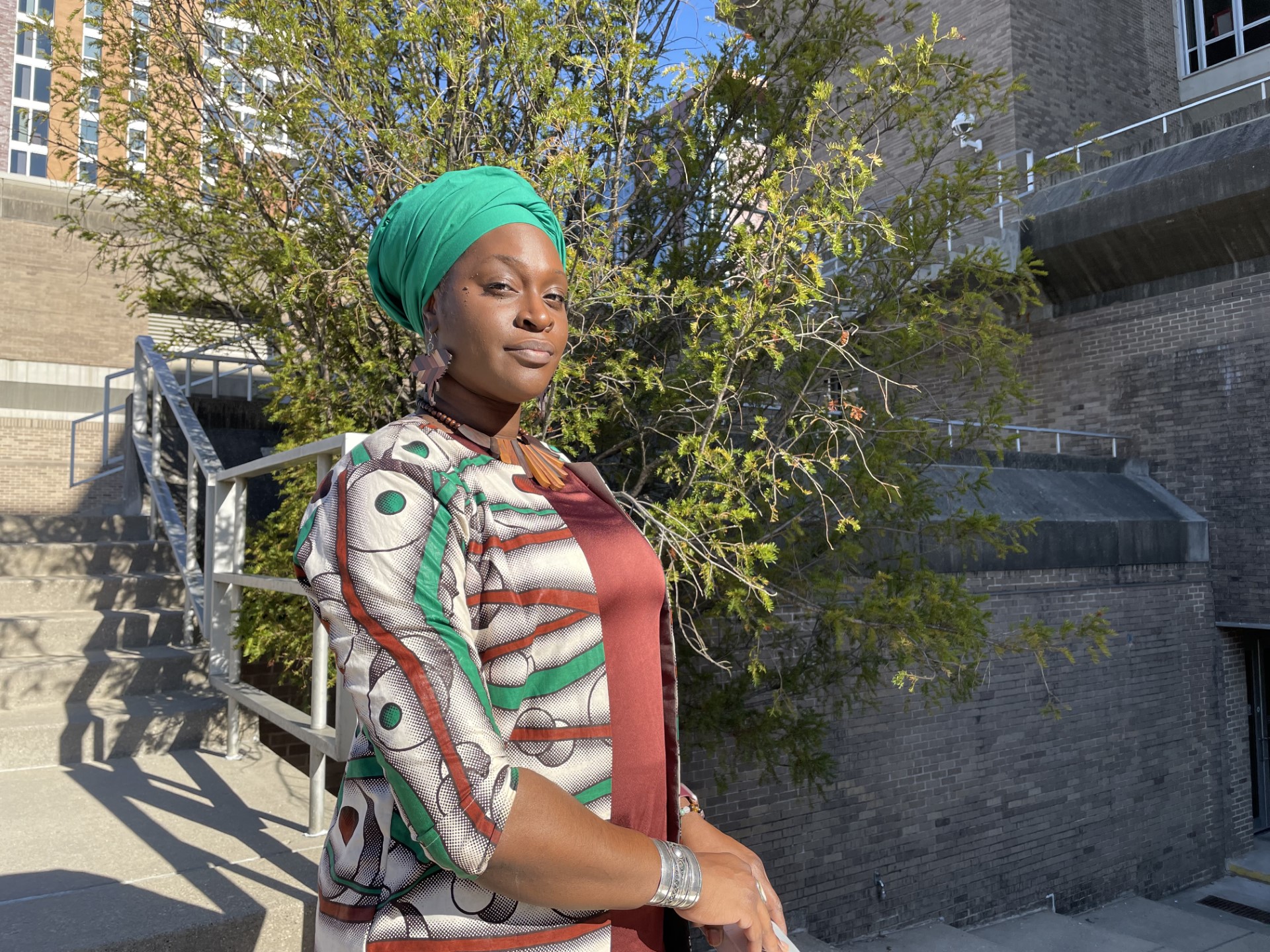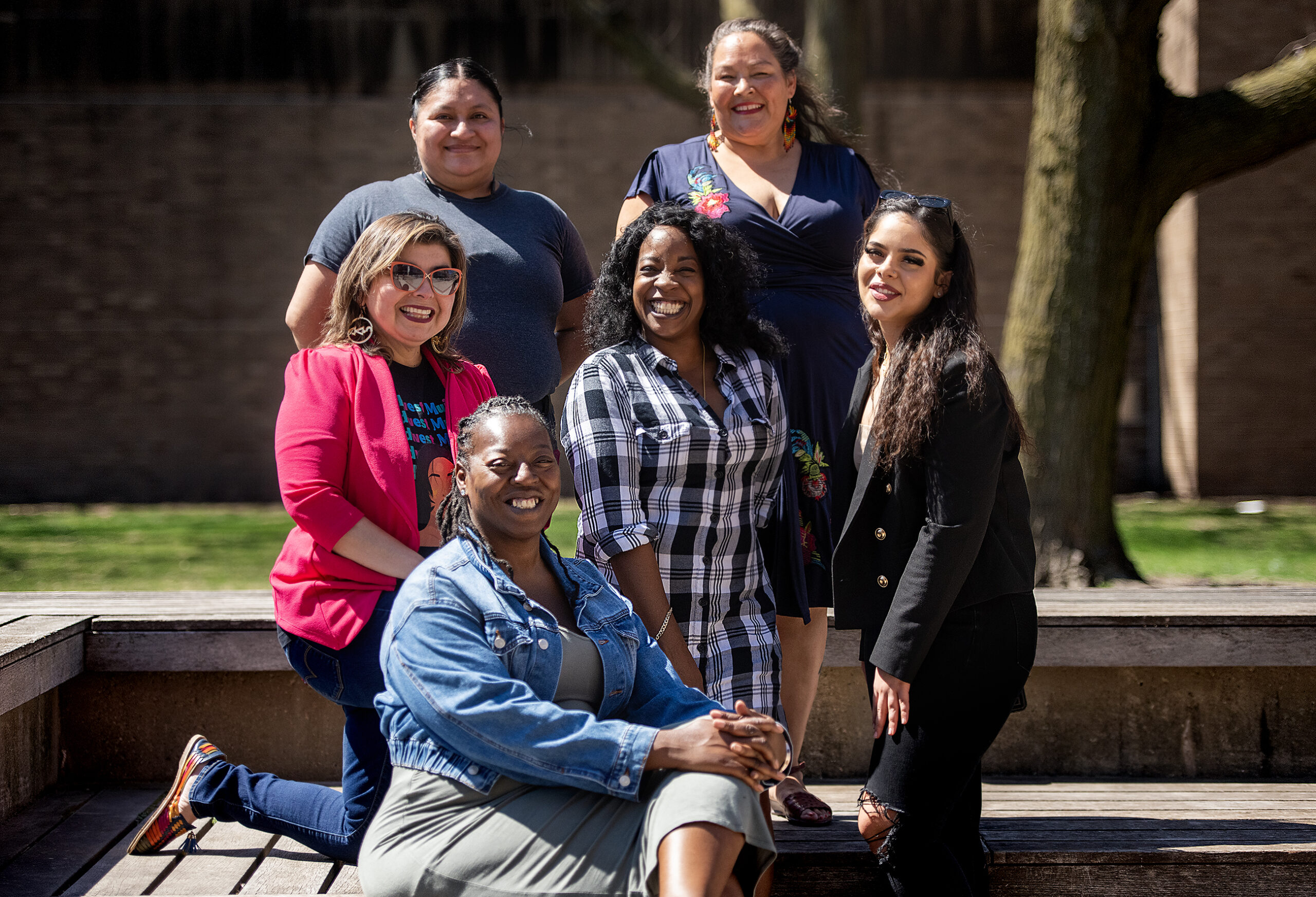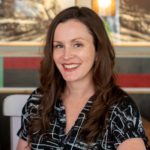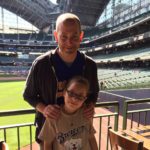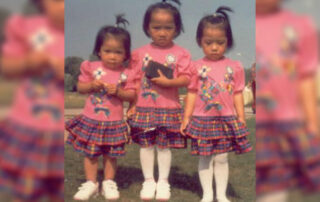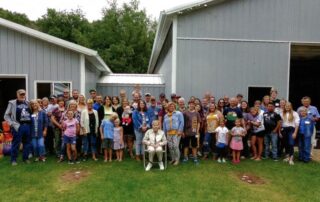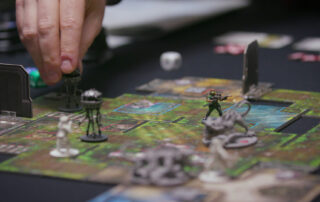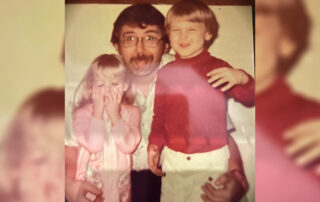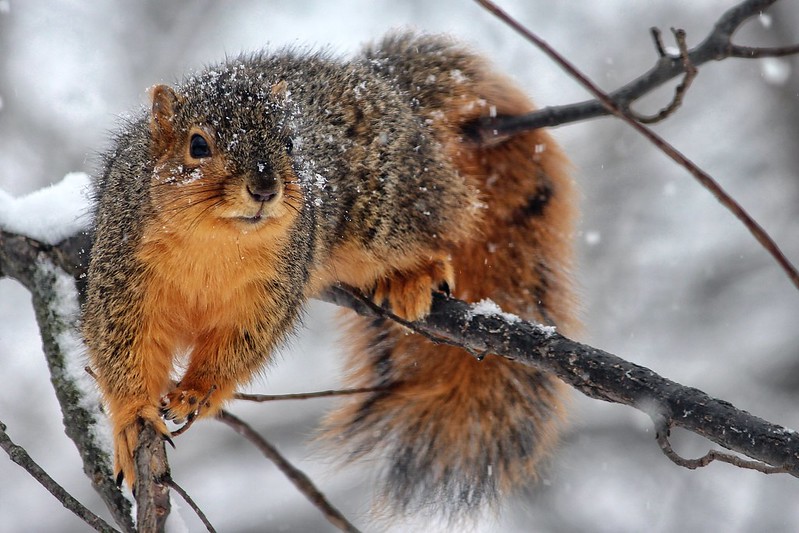In a partnership with Midwest Mujeres, WPR’s “Wisconsin Life” shares the stories of six women of color working to build community and better themselves in southern Wisconsin.
==
When Tamara N. Thompson became a new mom, she was also in a new city and searching for community. She found it with a group of mothers at the Harambee Family Center on Madison’s South Side.
“We discussed our common experiences as African Americans while breastfeeding our babies,” said Thompson. “There were women that I formed friendships with. We watched our babies grow and achieve their milestones together.”
But over time, fewer people showed up. Thompson missed the moms who left and wanted to keep the rest of the group intact.
“They stopped coming and I was like, ‘Wait, where are my friends? Where are my baby’s friends? I want you to come back,'” she said.
Thompson said what started as “purely selfish reasons” to keep her support group intact morphed into something deeper. She wanted to help Black moms extend their breastfeeding journeys. Thompson, who now lives in Waukesha, talked about this as part of a storytelling partnership with Midwest Mujeres in Madison.
“When I noticed (the parents) coming and going and not being able to reach their breastfeeding goals, I kind of took it upon myself to try to think of why,” Thompson said. “That’s when it really hit me that there are all these statistics that impacted the ways we — African American mothers in my support group — were able to breastfeed and what those barriers looked like for everybody else. Rather, they were married. Rather, they were immigrants from another country. Rather, they were living in poverty. Rather, they had a certain socioeconomic status.”
A career built on compassion
So, Thompson became a breastfeeding peer counselor with the African American Breastfeeding Alliance of Dane County. She helped women work through latching issues and cracked nipples. She “got loved on” by her colleagues and found a wonderful support system and second family. She also started thinking differently about not only breastfeeding, but what it meant to be a new, Black parent.
According to the Journal of the American Medical Association in 2023, maternal deaths are on the rise. The mortality rate among Black mothers is 2.6 times higher than that of white mothers.
“All of these words started coming at me like social determinants of health and maternal mortality and infant mortality,” she said. “As I started to kind of analyze what this meant for who I was and how I became a mother, it took me back.”
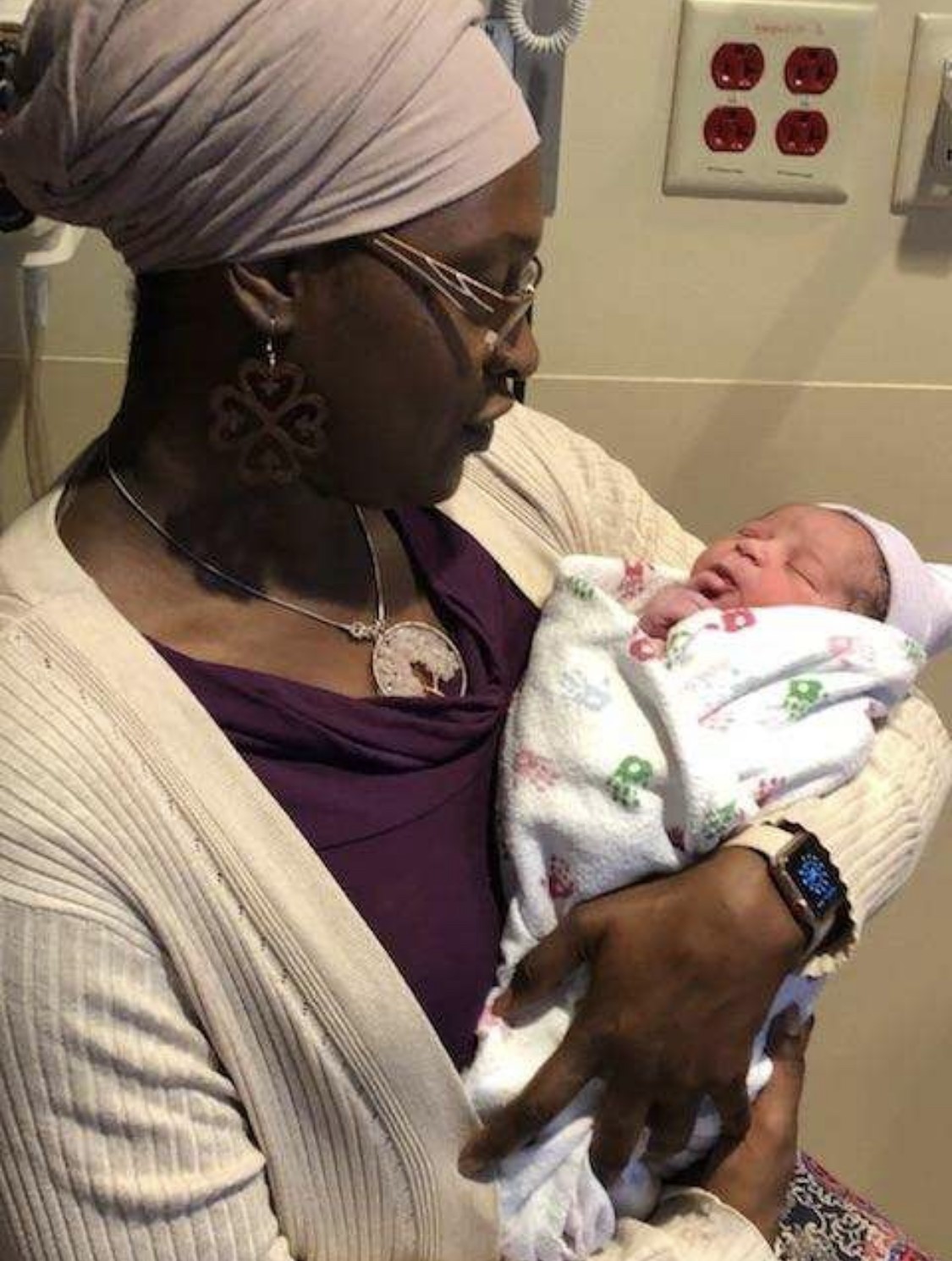
“This is a doula baby and I getting to know each other, soon after being EarthSide,” wrote Tamara Thompson of Waukesha. (Courtesy of Tamara Thompson)
It also took her forward.
Thompson decided to become a doula, someone who provides emotional, physical and educational support for pregnant people and families with newborns. She’s also a student midwife.
“I thought, ‘OK, if I work with (parents) before the baby comes or if I work with them before whatever misconception infiltrates their mind and tells them that breastfeeding is this insurmountable task, I will be more effective,'” she said.
Then, Thompson helped establish Maroon Calabash with fellow birthworkers. The group’s mission is to support Black parents through cultural traditions and modern medicine through an anti-racist delivery of care.
“One of the most amazing things that I love about being able to create a community-based organization with my friends — it established that people are going to be able to have dignity in their care, “she said. “It meant revolutionary love. It meant that people were going to be celebrated. There’s going to be things associated with childbirth and pregnancy that weren’t associated before, things like pleasure or joy or celebration. It’s a birthday party, right?”
“And for people who make the decision that they don’t want to continue their pregnancy, we’re celebrating their independence. We’re celebrating that they get to decide what is right for their life,” she continued. “Some people are not going to agree with our philosophy, but we still will defend our right to have it and to practice in those types of ways.”
In addition to her work with Maroon Calabash, Thompson is involved in other groups and businesses for birthworkers including:
- Wisconsin Doulas of Color Collective, founding member and currently serving as director of Social Media & Local Resourcing.
- Black Maternal and Child Health Alliance , member of the Dane County-based organization that is led by the Foundation for Black Women’s Wellness.
- Wisconsin Birth Justice Collective, member of the group which, Thompson said, consists of “a dedicated doulas who serve justice-impacted families through pregnancy and birth while incarcerated to support in community.”
- Mother Earth Doula Care, business owner.
Thompson also cares for her own family as a mother of 10 children. Seven, she said, “came from my own womb” and three are her “bonus children” with her husband.
Philosophy as a doula
When Thompson is working as a doula, she supports her clients.
“I’m going to be here for you. I’m going to bring you water. I’m going to hold your hair. I’m going to tell you that you’re beautiful and I’m going to usher your baby into this world with you,” Thompson said. “Or, (I’ll) hold your hand through whatever you decide is right for you, whether that’s adoption or if there’s a stillbirth that we’re expecting — we know that the baby is not going to cry at the end of this labor — I will hold that space for you and I will be there for you.”
For Thompson, being a doula merged the worlds of medicine and traditional birth work. As her community of doulas and midwives expanded, so did her passion for reproductive justice. To Thompson, that means educating people about their right to breastfeed or pump at work and “to maintain sovereignty or authority over one’s own body.”
She notices that people are better health advocates for themselves and questioning systems more today than they were in previous generations, which she considers powerful.
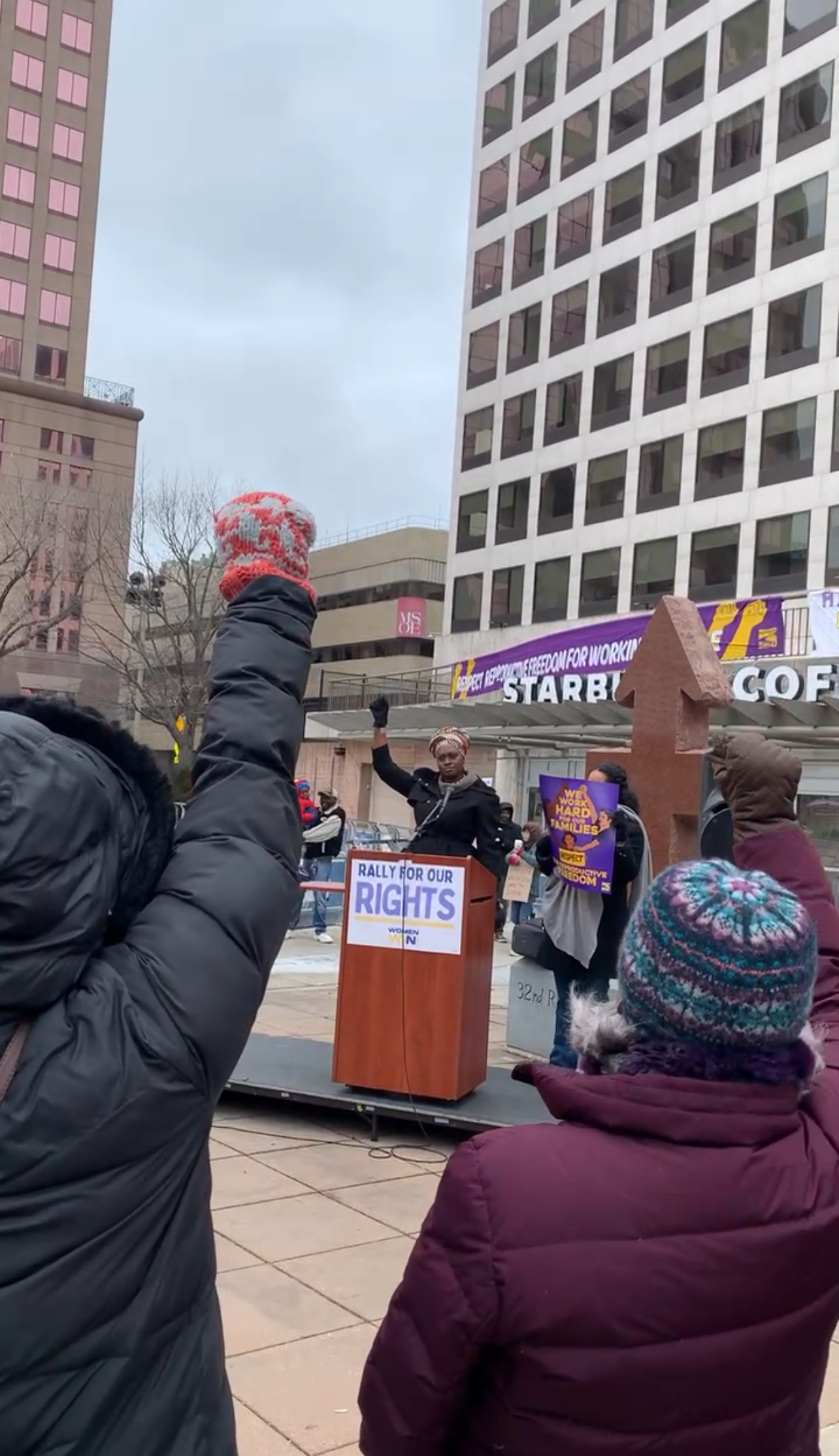
Tamara Thompson of Waukesha speaks at a rally for reproductive justice at Red Arrow Park in Milwaukee in April 2023. (Courtesy of Tamara Thompson)
“What does reproductive justice mean for you as an individual? Does that mean, comprehensive sex ed? Does that mean, access to midwives? Does that mean, access to contraception?” Thompson asked.
Thompson also talked about the important of speaking up for pregnant people in jail, prison or immigration detention centers — because she says they also have an important story to tell.
“How can we center and amplify them and hold accountable the institutions that are tasked with providing us with those services that are our tax dollars, our funding, right?” Thompson said. “So that’s my call to action that everybody thinks about how they play a part in reproductive justice and where they are in relationship to the power.”
For Thompson, that also means using her expertise to make a change.
“What if we, as doulas and midwives, are agents of social change?” said Thompson. “What if we disrupt those patterns that epigenetics will say (like) being predisposed to stress levels, racism, discrimination, lack of fair housing, lack of food, all of the environmental injustices that we know? What if we replace that during pregnancy with joy, celebration, pleasure, good food that smells good and tastes good? What if we love on people? What if we give them compliments and we tell them that we love them and we value them and that they have a place in this world, in this society, or in our own little village that we create for ourselves. That, to me, is successfully pairing together the old and the new. So, if I had to put a nice little ribbon on it, I would say that is the way that we change the world.”
“That’s it. All power to the pregnant people,” Thompson said with a smile.
Tamara Thompson of Waukesha shared her story with us as part of a partnership with Midwest Mujeres in Madison. “Wisconsin Life” has partnered with the organization to share stories of women who live in southern Wisconsin. In another story in this series, she talks about losing a child and how that’s impacted her work as a doula and birth activist.
